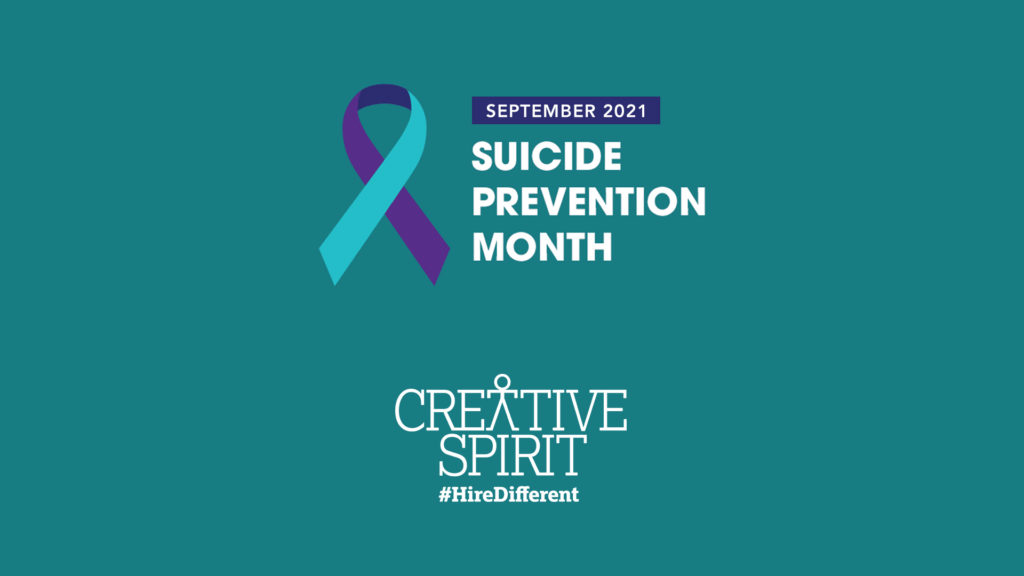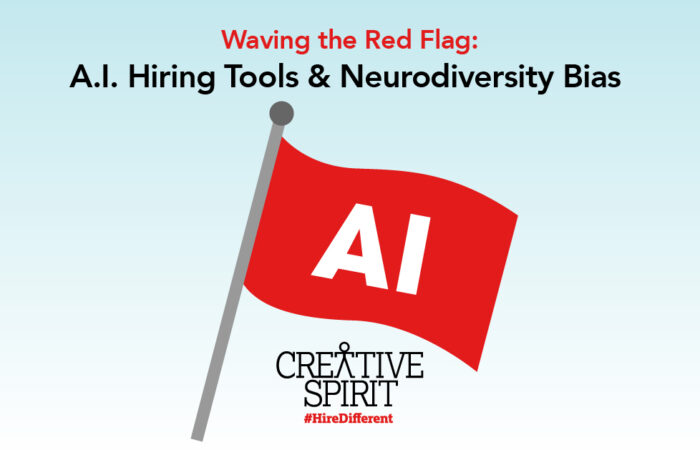BY Menachem Rephun – Creative Spirit Communications Manager, Self Advocate

During Covid-19, workplace inclusion has become even more important. Accessible workplaces where employees with disabilities feel included will greatly benefit mental health. If a friend, loved one, or co-worker with a disability is experiencing depression, don’t hesitate to reach out and connect. One resoruce is The Depression Project, an organization founded by brothers Danny and Matthew Baker to help people overcome depression. The organization offers clear explanations of depression, and how to communicate sensitively with those who have it. Conway Medical Center offers valuable advice on managing the emotional stress of Covid: https://bit.ly/3CeQGiu. This pandemic should prompt us all of us to be kinder, more inclusive, and more understanding. If you have a disability and are searching for inclusion and understanding, Creative Spirit provides support at https://www.creativespirit-us.org/.
The Covid-19 pandemic presents a major mental health crisis for the disabilities community, with millions still struggling with isolation and restricted access to vital services. For National Suicide Prevention Month, it’s time for a conversation about improving and safeguarding mental health for people with disabilities both during and post-Covid. Let’s appreciate people with disabilities for who they are, especially in employment.
We’re coaching and mentoring our candidates to improve self-esteem, and collaborating directly with employers to broaden their awareness. September is National Suicide Prevention Awareness Month, which works to eradicate stigma and misconceptions surrounding disability. This encompasses conditions like bipolar disorder, ADHD, post-traumatic stress disorder, depression, and others commonly referred to as “invisible disabilities.” Devin Boyle, a senior consultant at Wheelhouse Group, notes that “conversations about mental health support in the workplace are becoming commonplace and government agencies and contractors are making significant efforts to support employees’ mental health and people with mental health disabilities.” Despite ADA protections, Boyle adds that “eight in 10 workers say shame and stigma prevent them from seeking treatment for a mental health condition.”
Employers can make a difference through self-educating about disability, and joining mental health awareness campaigns and NDEA Month events. Boyle recommends that employers create open communication channels and include employees with invisible disabilities in their messaging about inclusion.
The Importance of Inclusion
Linda Fisk is the CEO/co-founder of LeadHERship Global, an organization supporting and empowering women through the development of leadership skills. She acknowledges the critical role of inclusion.
“Today, one of the single best indicators of an exceptional work environment is a strong commitment to diversity and inclusion,” Fisk writes. “Those suffering from invisible disabilities should be offered the same considerations and protections as all other disabilities. And no person should be discriminated against because of disability, whether it is hidden or visible.” Fisk writes that smart leaders utilize diversity programs, and are sensitive to the growing neurodiverse population. Fisk adds that commitment to diversity and inclusion benefits companies by introducing new perspectives and providing a competitive advantage.






